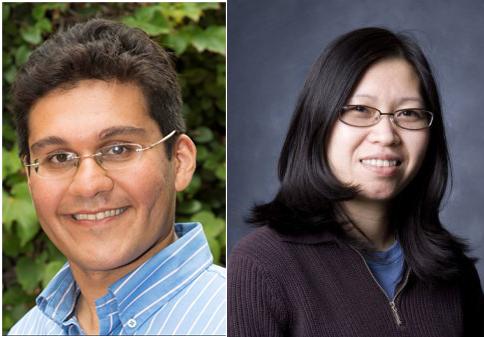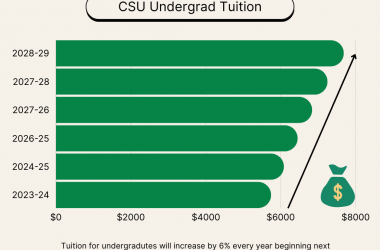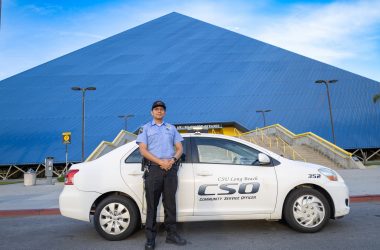Passwords. Almost every online service, application and account requires a unique username and password, which should be hard for hackers to crack but ends up being equally hard to remember.
Last month, some 150 million Adobe customers fell victim to hackers who obtained customer information and passwords from Adobe’s database, and then posted the information on the Internet, according to Business Insider.
“There is no ideal password,” said Cal State Long Beach professor Mehrdad Aliasgari, who teaches computer security and cryptography courses. “Ideally you shouldn’t use the same password twice.”
On average, people between the ages of 18 to 34 years old use about seven passwords a day, according to Business News Daily.
Aliasgari said he recommends creating a variety of strong passwords to make them easier to remember.
“Have a template or algorithm for a master password, and then tweak it for each of your accounts,” he said. “Change the characters or symbols so then you have one ideal pattern for your passwords.”
Psychology professor Kim Vu said she suggests choosing a password that is longer than eight characters and includes upper and lower case letters, numbers and special symbols.
Aside from avoiding phone numbers, addresses and birthdays, Vu also said to refrain from using common words or words that can be found in the dictionary for passwords.
Many people who have a hard time remembering their passwords resort to writing them all down on a piece of paper and keeping it in their wallets, according to Aliasgari.
He said, however, that he recommends downloading encryption software or creating a text file with a master list of passwords and encrypting the file for more security. He said this is a better way of storing one’s passwords rather than carrying them around in a wallet.
“That is the easiest way to go about that,” Aliasgari said. “But most people actually don’t spend the time to look for software or look for solutions. Sadly it is too common.”
One of the reasons Aliasgari said he chose to teach computer security was to raise awareness on the secure practices of using digital devices and technology.
“It’s all about education,” Aliasgari said. “What we need to do is inform more people every day to be cautious about what they do, how they do it, about their passwords, digital footprints, which can be gathered and used against them.”
To avoid being tracked by hackers, Aliasgari said to disable cookies, block ads and change browser settings to private.
“Hackers get around passwords by having knowledge of you,” Aliasgari said. “They know your family; they know your life,” he said.
Aliasgari also suggested using multiple online services, such as search engines and email, to avoid giving one agency too much information.
“Maybe use Google Chrome and Firefox,” he said. “Don’t use the same browser for everything you do online … Spread it around so your digital footprint is not given all to one company that can easily track what you do.”
Most important, Aliasgari said, is keeping in mind that one does not have to be a computer scientist to use technology safely.
“You can enjoy technology,” Aliasgari said, “and enjoy it securely.”




